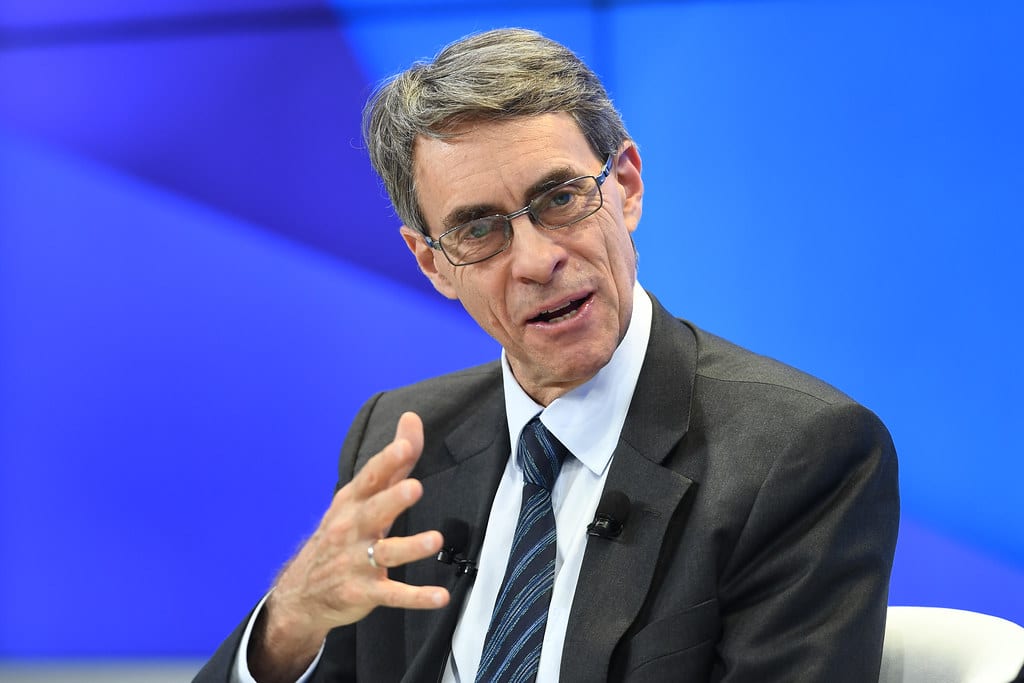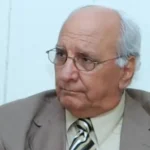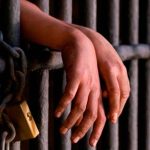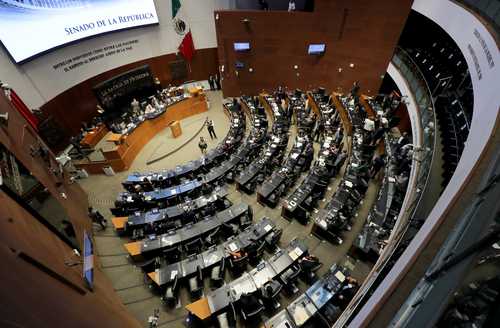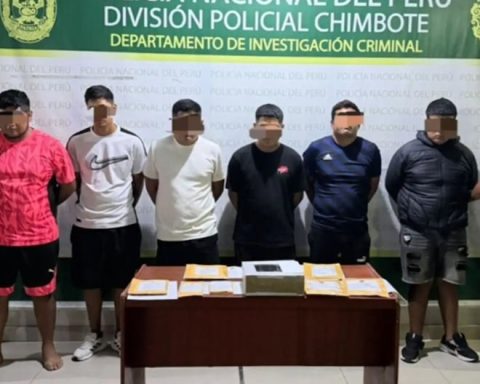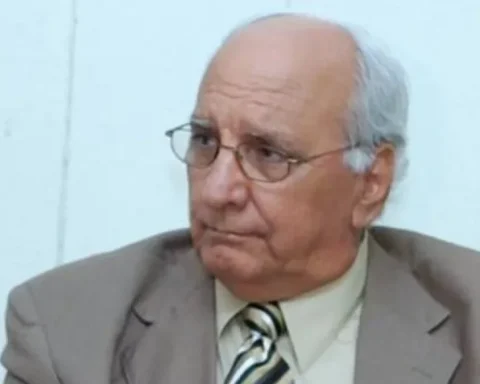The autocracies are adopting defensive positions in the face of the growing opposition from the peoples who suffer them, something that democracies must take advantage of by showing greater unity and leadership, also in the face of challenges such as the pandemic, climate change or technological challenges.
This is how the executive director of Human Rights Watch (HRW), Kenneth Roth, considers it, who in an interview for Efe analyzes the current human rights situation, coinciding with the publication of the annual report of the NGO he has directed for almost three decades. .
In its annual report “Latin America: Alarming setback of basic freedoms”, HRW concluded that Nicaragua experienced general elections in 2021 without guarantees, with dozens of opposition leaders in jail, and with thousands of citizens fleeing into exile.
Are there reasons to think that democracy can reach some of the current dictatorships?
Some currents argue that autocracies are on the rise, but looking at the past year we see that this is a simplistic view and that autocrats are on the defensive. In many countries the population took to the streets in favor of democracy, even running the risk of being arrested or shot. It has also seen broad coalitions coming together from the right and the left in pursuit of a common interest, that of kicking out the tyrant, which has made it difficult for autocrats to hold elections to their liking.
Has the pandemic been used to reduce democracy?
Many leaders have used it as an excuse to silence dissent: we have seen it in dictatorial states like Egypt, but also in democracies whose rulers have autocratic tendencies, like in India, where Prime Minister Narendra Modi has attacked doctors, whose role in the response to the pandemic was key.
Is Venezuela one of those countries where elections, even if controlled, can end an autocracy?
It was seen in the recent state elections, where a broad coalition was able to defeat Hugo Chávez’s ex-son-in-law. It shows a tendency to unite politicians whose priority is to preserve democracy and take on autocrats. They were local elections but it could potentially happen in national elections. Similar alliances defeated Czech populist President Andrej Babis and in Israel ended the long tenure of Prime Minister Benjamin Netanyahu.
What is your diagnosis on the state of human rights in Latin America?
What happened in Cuba in 2021 is remarkable, where the demonstrations, despite being harshly repressed by the Government, showed the position of the Cuban people. In Nicaragua, where there were similar popular protests two years ago, a “zombie” election was held in which seven opposition candidates were arrested, showing that Daniel Ortega has realized that he does not have popular support. In El Salvador, President Nayib Bukele has undermined democracy, attacking the balance of power mechanisms, in particular those of the fight against corruption. This year the great challenge will be in Brazil, where President Jair Bolsonaro, with strong autocratic tendencies, is already adopting Donald Trump’s strategy of sowing doubts about possible electoral fraud.
In 2021, international pressure on China grew, with gestures such as the diplomatic boycott of the Beijing Olympics. Can this have results?
China is committing crimes against humanity in its Xinjiang region, where one million Uyghurs have been forcibly detained to renounce their religion, language and culture. The world is slow to respond to these crimes for fear of Chinese retaliatory power, but 44 countries have signed a joint statement condemning the crimes in Xinjiang. This has been joined by the broad boycott of the JJ. OO. and the call not to import products from Xinjiang due to the extensive use of forced labor in the region. The next step that must be taken is for the UN High Commissioner for Human Rights, Michelle Bachelet, to finally publish the long-awaited report on the atrocities in Xinjiang.
Has Hong Kong ceased to be an oasis of freedom in China?
Xi Jinping believes that all the Chinese people support him, although he does not dare to hold an election to prove it. Their problem is that in the only place with free expression, which was Hong Kong, the population said that the last thing they wanted was a dictatorship like the one in China, and they held massive demonstrations to that effect. Recently, in the local elections, the pro-Beijing candidates lost. In response, China dismantled the “one country, two systems” principle, destroyed freedoms in Hong Kong and turned it into just another Chinese city, because President Xi cannot tolerate people speaking out against him in the country.
And what has been the role of Russia lately on all the front pages due to the crises in Ukraine and Kazakhstan?
The Russian government is determined to combat any movement towards democracy in neighboring countries: it helped Alexander Lukashenko suppress popular uprisings after what probably should have been his electoral defeat in Belarus, and has recently sent troops against a protest that started with calls for reform in Kazakhstan and in which there is probably a struggle between political factions within the Government. To analyze the question of Ukraine, it is necessary to understand that what Russia fears is not that NATO enters that country, but that democracy does so, something that the Kremlin cannot tolerate.
In his first year as US president, has Joe Biden been a true defender of human rights?
It has obviously been a marked improvement over Donald Trump, unlike him he does not embrace all the autocrats in the world, but Biden has also been somewhat of a disappointment. It has defended human rights in relatively “easy” places, such as Burma (Myanmar), but in others such as Egypt, Saudi Arabia or the United Arab Emirates, it maintains the same policies of selling weapons and supporting dictators. It also continues to ignore the repressive Israeli occupation of the Palestinian territories.
